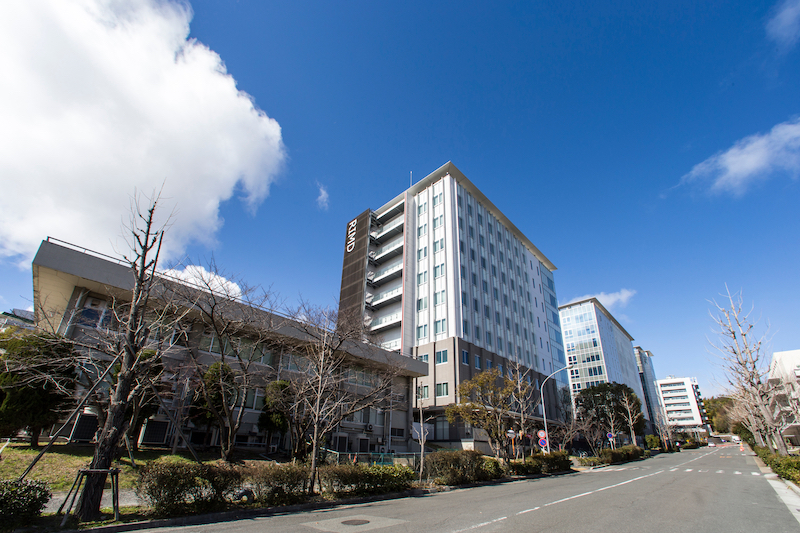/BIKEN-RIMD NGS Laboratory About
To contribute to future pandemic responses and preventive medicine, it is essential to strengthen the implementation of epidemiological studies, including genome analysis, and to participate in the promotion of genomic medicine in conjunction with personalized medicine. Particularly, in genome medicine, further development of analysis technologies and the establishment of a highly accurate and stable genome analysis implementation system are required.
Since its establishment in 1934, the Research Foundation for Microbial Diseases of Osaka University (BIKEN Foundation) has made significant contributions to public health improvement through its clinical laboratory testing. Recently, they have implemented advanced testing technologies to develop in vitro diagnostics. During the COVID-19 pandemic, the foundation conducted large-scale PCR tests and variant strain surveillance.
The BIKEN-RIMD NGS Laboratory aims to tackle future pandemics, promote domestic genome medicine, and establish new testing regimes for future preventive medicine. By combining BIKEN Foundation's clinical testing technologies with the genome analysis technology of the RIMD Bioinformatics Center and IFReC's NGS Core Facility, the laboratory enables the development and practical application of new testing techniques. Furthermore, the laboratory offers various exchange opportunities between clinical laboratory technicians and genome analysis researchers from the University of Osaka and the BIKEN Foundation. This interaction is expected to enhance their shared understanding of genomics. The organization will also cultivate professionals with comprehensive knowledge of genome medicine, from basic research to practical application.
Clinical sequencing is globally recognized as a method that comprehensively profiles genetic abnormalities for diagnosis and treatment. Moreover, there is a pressing need to develop advanced genome analysis technologies to detect genomic abnormalities involving complex structural alterations. Particularly, in basic research areas, many aspects concerning gene expression related to elucidating the mechanisms of onset and severe progression of infectious diseases and other diseases remain unknown. Single-cell analysis technology offers a breakthrough solution to this challenge, enabling profiling of cellular surface protein expression, antigen specificity, and gene expression at the single-cell level, opening up new possibilities for developing new treatments and drug discovery.
The BIKEN-RIMD NGS Laboratory, networking with external organizations, will identify challenges in actual clinical settings and those diseases whose onset mechanisms remain unknown. The development of new analysis methods is also part of their mission. Moreover, their practical research on novel analytical technologies will advance genome medicine and drug discovery.








